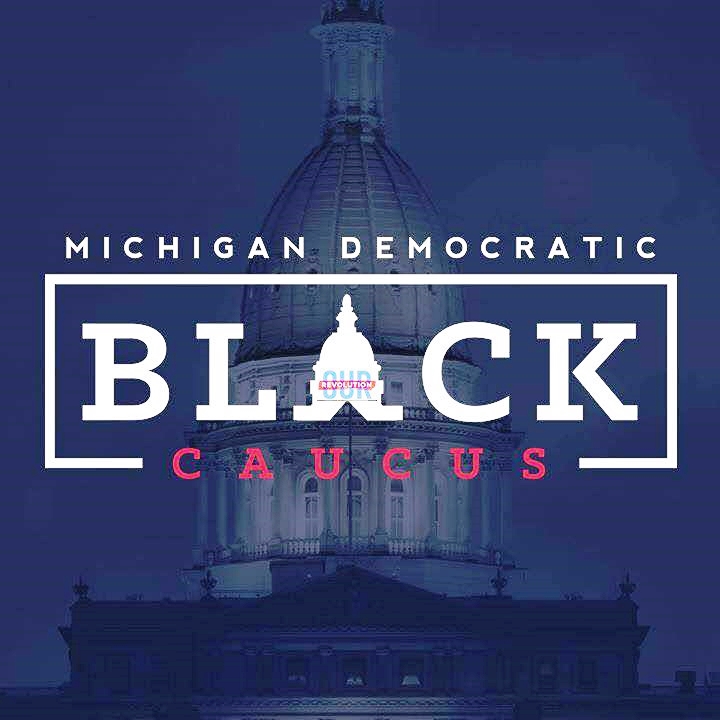
Demonstrators in St. Paul, Minn., last year (Photo: Fibonacci Blue)
A just-released poll shows 51 percent of Detroit voters favor reparations for the city's Black residents "harmed" in the past, with another 16 percent leaning in support of it once their questions are answered.
The poll, conducted last week by Target Insyght for the Michigan Democratic Party's Black Caucus, found that 22 percent of Detroiters opposed reparations and 11 percent were undecided.
The April 13-15 poll involved 400 active voters, 20 percent of whom were white. Detroit's population is about 80 percent black.
While there are no plans or initiatives to offer reparations for unspecified harm suffered along racial lines, some efforts have emerged recently elsewhere. In the Chicago suburb of Evanston, Ill., the city council approved payments of up to $25,000 for "home repairs" to qualifying households, acknowledging "discriminatory housing policies and practices and inaction on the city's part."
The Evanston program, which has set aside $10 million for payments, is the first in the nation. In Congress, a House committee is considering a bill that would set up a program to study how, and whether, reparations to Black citizens could be made, to atone for the nation's history of slavery.

In the Detroit survey, 42 percent of white voters said they support the concept, 43 percent said no, 10 percent said they might once they have more information and 5 percent were undecided.
Among black voters, 53 percent were in favor, 17 percent against, 20 percent said they might say yes with more information and 10 percent were undecided.
► Support our reporting by becoming a Deadline Detroit member for as little as $3 per month.
“These results came at a necessary time in the healing that must take place in the City of Detroit," says Keith D. Williams, chairman of the Democratic Party's Black caucus. "It was very encouraging that the Black community was not alone in the understanding of the wrongdoing and harm done by the City to people in the Black community.

Keith D. Williams: "Healing must take place." (Photo: Facebook)
"We will look forward to working with all colors of people, races and ethnic background to heal past wounds."
A historical report found Evanston's housing policies provided the "strongest case for reparations" because of discrimination resulting from city zoning ordinances between 1919-69, NBC News reports.
While those polled did not specify what reparations might look like, Williams says his hope is to provide money for housing developments, home repair and improving the livability of neighborhoods. Funding would come from cannabis sales taxes in the city, he adds.
He said the Black caucus is exploring the best way implement reparations in Detroit.
He said the uplifting of homes and neighborhoods is about "self respect. Money is one thing, but self-respect is another. We're not looking for a handout, but a way up."
Ed Sarpolus, who conducted the poll, tells Deadline Detroit that residents other than Blacks could also benefit from reparations if they improve neighborhoods or create new housing for everyone.
His poll showed 29 percent thought crime and drugs were the biggest problem in Detroit, while 24 percent cited neighborhoods.
Slavery in the United States wasn't confined to the south, and enslaved persons were kept by some of Detroit's founding families. Bill McGraw wrote in Deadine Detroit in 2012:
Slavery in Detroit has remained an enormous secret. It is an essential chapter in Detroit’s 311-year story, but it has been pushed back into archives and covered up by decades of neglect and denial. Few people, even well-informed college graduates, know that slavery played a key role in the growth of Detroit, and wealthy Detroiters owned slaves for the first 120 years of the city's existence.


 by
by








